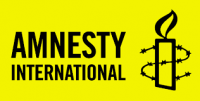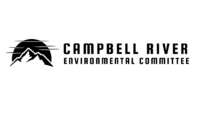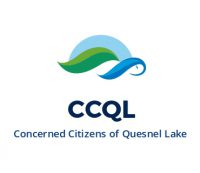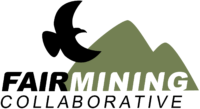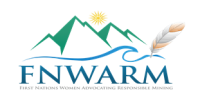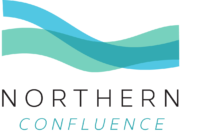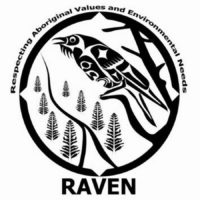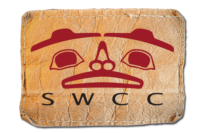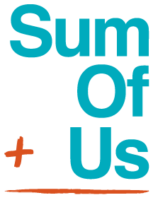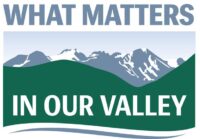As British Columbians, we value nature, fresh water and healthy ecosystems.
Founded in 2019, the BC Mining Law Reform network promotes changes to mineral development laws and mining practices to ensure they are environmentally sound, do not pollute waters, respect community decisions, and account for the costs to clean up toxic mine waste sites.
The network today represents nearly 30 local, provincial and national organizations from a wide range of sectors, including citizen and community groups, First Nations, academics, and social justice and environmental organizations.
The network grew out of a shared concern of weak mining laws and a lack of enforcement and oversight in a context of increased demand for minerals mined in B.C.
The network is not against mining, but it is against mining at any cost, or price. It is a not-for-profit, public interest initiative promoting efforts to manage and develop mineral resources in ways that protect and sustain the environment while enhancing the social, cultural, and economic well-being of affected communities and of all British Columbians. It collaborates with communities, organizations and governments that are committed to address the current regulatory gaps and oversight.
As partners of the BC Mining Law Reform network, we believe that:
- British Columbia’s greatest source of wealth is fresh water and healthy ecosystems.
- While minerals and resources mined in B.C. are needed to transition to a better world, our task is to do it right.
- British Columbians are not willing to accept environmental damage as a price to be paid for pure economic growth.
- Protecting the environment should be given priority.
- Industry should be required to pay the full social and environmental costs of resource development.
- Mining companies and their shareholders should be financially on the hook for cleaning up all environmental contamination they cause.
- We are concerned about mine water pollution, leaks and spills from mine waste dumps, contamination of lakes and rivers, impacts to salmon and wildlife, and the costs of pollution to taxpayers and affected communities.
- The mining industry in B.C. needs to clean up its act, and the province needs stricter rules and enforcement.
- The province should ensure that any industry that pollutes or damages natural habitat faces strict penalties, including potential jail time for serious or repeat offences.
- We also believe local communities should have a say in resource development and in whether to approve resource projects.
- Free entry mining laws that grant superior rights to mining companies, while denying rights to surface landowners and local communities, are contrary to the public interest and should be reformed.
- First Nations should also have a direct say in decisions about managing B.C.’s land, water and natural resources.
- Scientists and independent expertise should also play a role for informed decisions about resource development.
- In sum, the mineral wealth should stay in the ground unless mining companies are willing to play by our rules and pay a fair price, in full collaboration with affected communities and First Nations. The province must play a leading role and enact stricter rules and enforcement.
The network is grateful for the generous support of Vancouver Foundation, MakeWay, and the Indigenous Environmental Network (IEN) – Western Mining Action Network (WMAN) Mining Mini-Grant Program.
Co-Chairs

Nikki Skuce
Nikki is the Director of the Northern Confluence Initiative based out of Wet’suwet’en territory in Smithers, B.C. Northern Confluence aims to improve the conservation of salmon watersheds through better land-use decisions and mining reforms that respect Indigenous laws and rights and sustainability principles. The initiative is a project on MakeWay’s shared platform.
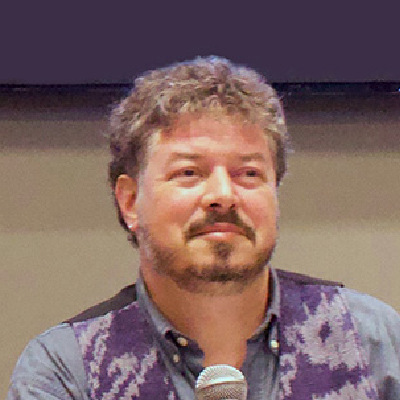
Jamie Kneen
Jamie is MiningWatch Canada’s Outreach Coordinator and Canada Program Co-Lead. He is responsible for MiningWatch’s work in western and northern Canada, national and international policy areas, strategic research and communications, and the organisation’s Africa program.

